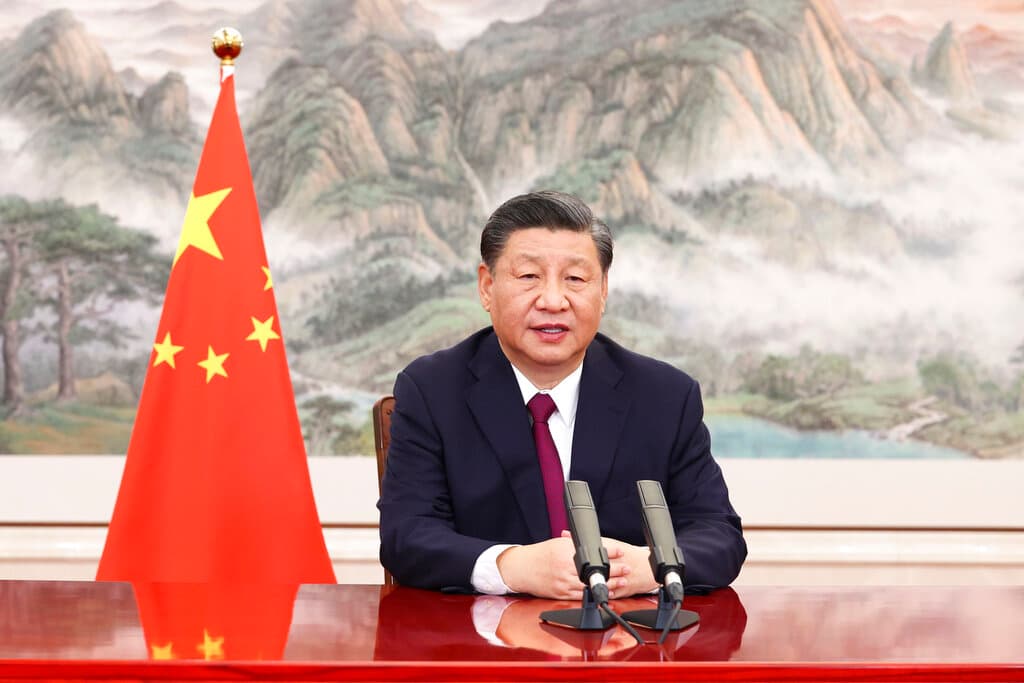Chinese Communists Warping History as Tensions Fester in Balochistan
Jihadist groups are increasingly coming to view China as a new colonial power. Like America, then, it, too, must be expelled. Yet then what of Beijing’s polished identity?

On September 3, 2015, Xi Jinping and Vladimir Putin strode out to the Gate of Heavenly Peace in the center of Beijing. Together with 12,000 troops of the People’s Liberation Army, they had gathered to commemorate Victory Day, the anniversary of the end of World War II in China –– or, as it is known in Communist China, the “Chinese People’s War of Resistance Against Japanese Aggression” or the “World Anti-Fascist War.”
Please check your email.
A verification code has been sent to
Didn't get a code? Click to resend.
To continue reading, please select:
Enter your email to read for FREE
Get 1 FREE article
Join the Sun for a PENNY A DAY
$0.01/day for 60 days
Cancel anytime
100% ad free experience
Unlimited article and commenting access
Full annual dues ($120) billed after 60 days

